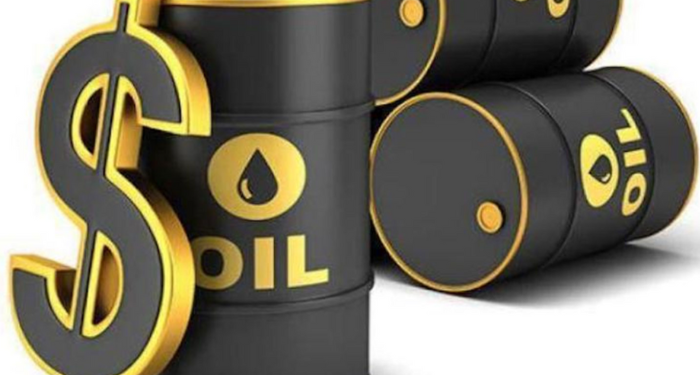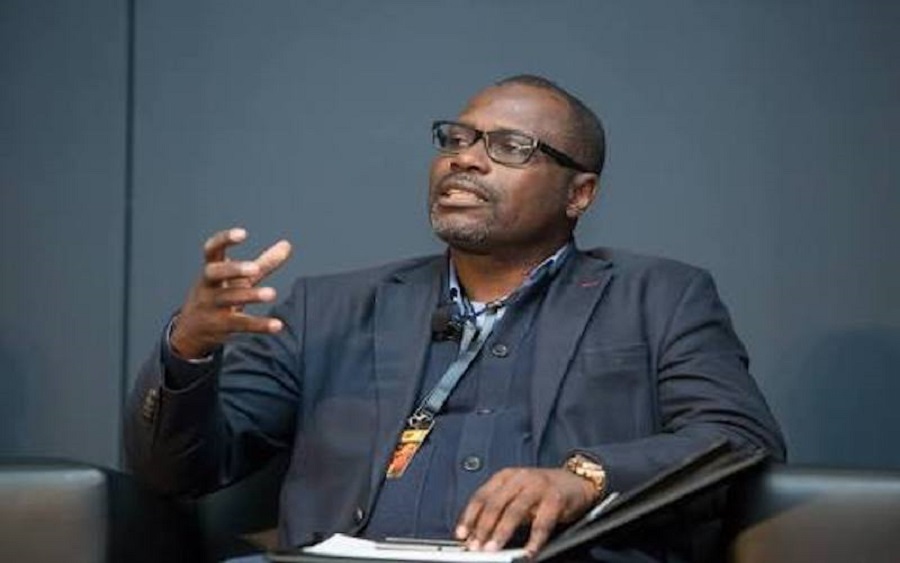Crude oil losses in the Western Niger Delta have reduced to 6 to 10% in 7 months. This is according to Kola Karim, the Chief Executive Officer of Shoreline Energy International, who made the statement during an oil and gas panel interview, comprising four industry experts via Arise News on Saturday, December 16.
He said that a major positive has come into play in the domestic oil and gas sector since the emergence of the Tinubu administration.
According to him, since the administration started their journey of governance in May 2023 (7 months ago), they have put their focus on tackling insecurity and this is evident in the improvements recorded in the Niger Delta region, especially in the western region where the losses have seen a reduction between 6 to 10%.
He said:
- “One of the biggest movers in the Nigerian oil sector is security, we have seen the effect of security not being there and the oil theft and illegal refining in the Niger Delta.
- I think since this government has come in, they have put a big focus on that and this has seen a huge improvement in the security in the Niger Delta, most especially in the Western Delta where we see the losses have gone as low as 6 to 10%, that’s a huge gap closing on that.”
Note that according to the weekly records released by the Nigerian National Petroleum Company Limited on crude oil theft, between November 25 and December 1, there were 52 incidents in the western region of the Niger Delta. Meanwhile, between December 2 to 8. there were 23 incidents in the western region of the Niger Delta.
More Insights on the Interview Panel
Karim also highlighted the fact that the Tinubu-led government has shown an increased commitment towards engaging with the different operators (local and international) in the Nigerian oil and gas industry.
He also said that the engagement by the government is centered around finding out what the challenges are and how the government can interface in making it easier for operators.
According to him, this is important because these talks lead to improved scenarios in the oil and gas sector as a whole.
Funmi Ogbue, the Chief Executive Officer of Zigma, an indigenous energy company, was also a part of the interview panel and she said 2023 was a better year for those in the oil servicing industry because there was increased activity in the sector.
She also said that investor confidence is being restored, as the peaceful transition between administrations during the year, has proved to investors that they can continue business in the country, which signifies stability.
Charlotte Essiet, the Director of Corporate and Regulatory Affairs at AOS Orwell said that the war against crude oil theft has been impactful in the oil and gas sector.
According to her, the upstream and downstream oil sectors have recorded some positives as a result of this.
Kelvin Emmanuel, Non-Executive Director at O&A Markets, and a member of the oil and gas panel addressed the 2024 budget assumptions for the oil sector.
Emmanuel raised the question of the mindset behind having a crude oil production target of 1.7 million barrels per day and a crude oil price of $77 per barrel in 2024 when deficit financing is 48% and the capex to government revenue has gone up to 94.8%.
Meanwhile, the debt servicing and refinancing costs have gone up from N6.5 trillion in 2023 to N8.1 trillion in 2024 because of the revaluation of foreign exchange losses.
He said:
- “The DG of the budget office is not talking about how he intends to raise the revenue to GDP ratio from the current average of 10.5% to somewhere around 16 to 18% which is a comfortable level to raise revenues to reduce the amount of debt.”
















